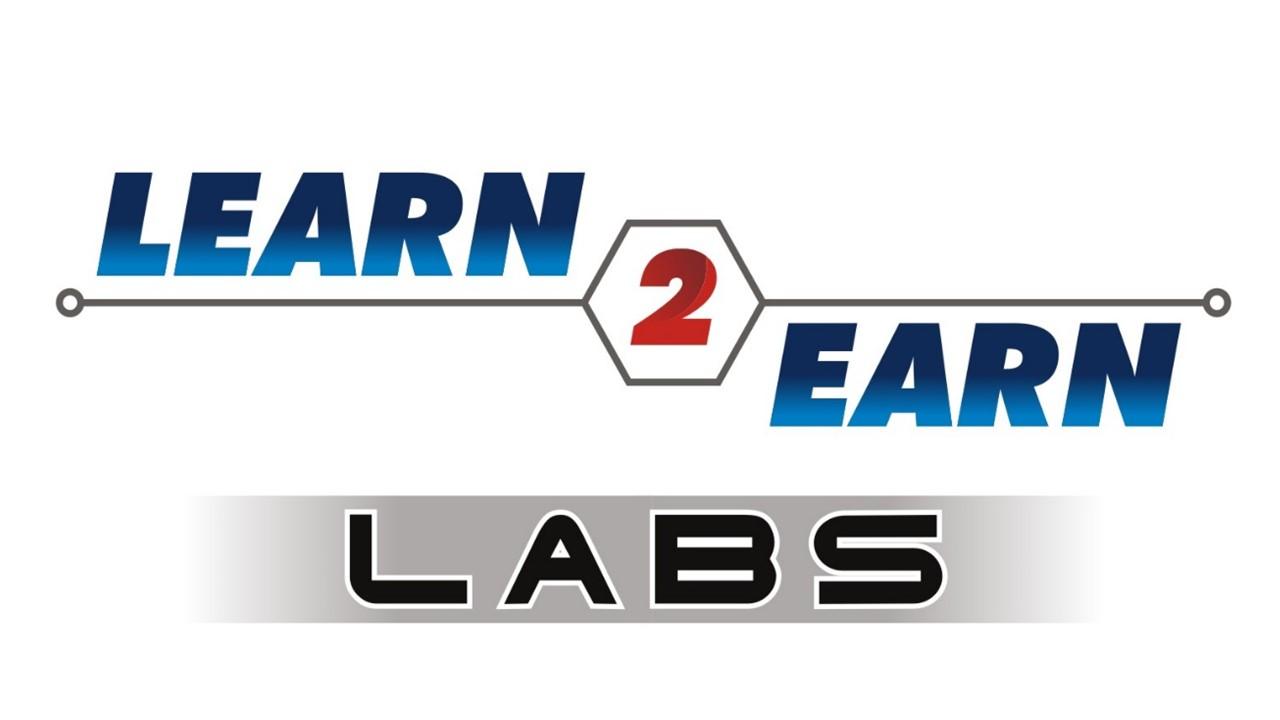AWS Assignment– 2
Storage & Artifact Management for DevOps Learners
Basic Questions
- Create an S3 bucket named devops-artifacts to store build artifacts.
- Configure a CodeBuild project to upload build output to the devops-artifacts bucket.
- Set up CodePipeline with S3 as the source stage for deployment.
- Configure S3 bucket versioning for artifact version control.
- Enable S3 event notification to trigger a CodePipeline job on new artifact upload.
- Store a Terraform state file in S3 and configure state locking with DynamoDB.
- Create an S3 bucket lifecycle policy to transition old build artifacts to Glacier.
- Configure S3 server-side encryption with SSE-KMS for all uploaded artifacts.
- Push a Docker image to ECR and store its metadata logs in S3.
- Set up S3 bucket logging to capture access logs for artifact tracking.
- Attach an EBS volume to a Jenkins server EC2 instance for persistent job data.
- Configure Jenkins to store its workspace on the attached EBS volume.
- Automate daily EBS snapshots of the Jenkins server using AWS CLI.
- Configure EFS as a shared storage for multiple Jenkins agents.
- Mount EFS on two Jenkins worker nodes to share job workspaces.
- Store Ansible playbooks and roles inside an EFS mount shared across DevOps teams.
- Enable CloudWatch monitoring for S3 bucket metrics (NumberOfObjects, BucketSizeBytes).
- Configure EBS volume encryption for a CI server to secure build data.
- Create an S3 bucket policy that allows only CodeBuild and CodePipeline access.
- Document how S3, EBS, and EFS can be used together in a CI/CD workflow.
Intermediate Questions
- Automate the creation of S3 buckets for environments (dev, test, prod) using Terraform.
- Configure CodePipeline to pull Terraform code from GitHub and store state in S3.
- Set up CodeBuild to compile source code and upload artifacts to S3 with a unique version ID.
- Write an IAM policy for a CI/CD role that allows S3 read/write but denies delete.
- Configure Jenkins pipeline to archive build artifacts in S3 after every run.
- Enable cross-region replication on an artifact bucket to replicate builds globally.
- Configure lifecycle rules to expire old Docker image logs stored in S3.
- Mount an EBS volume to an EC2 instance running GitLab Runner to persist CI data.
- Use Ansible to mount EBS volumes automatically on new EC2 instances.
- Write a Terraform script to provision an EC2 with an attached EBS volume.
- Set up an Auto Scaling Group of EC2 instances using Launch Templates with persistent EBS volumes.
- Configure EFS to be mounted by ECS tasks running in Fargate.
- Mount EFS volumes into EKS Pods for shared config storage.
- Create a backup strategy to copy Jenkins job data from EBS to S3 daily.
- Store central logs from multiple CI/CD jobs in an EFS file system.
- Set CloudWatch alarms for S3 bucket size exceeding a defined threshold.
- Integrate S3 with AWS CloudTrail to log all artifact-related API calls.
- Use CodePipeline to trigger deployment automatically when new artifacts arrive in S3.
- Configure CodePipeline deployment approval step that requires artifacts from S3.
- Document best practices for using S3, EBS, and EFS in production CI/CD pipelines.
Advanced Questions
- Write a Terraform configuration that provisions an S3 bucket, DynamoDB table (for state locking), and a CodePipeline to deploy infrastructure.
- Configure Jenkins pipeline to build Docker images, push them to ECR, and upload logs to S3.
- Automate artifact promotion across environments (dev → staging → prod) using S3 and CodePipeline.
- Use EFS as a shared persistent volume for multiple Jenkins agents in Kubernetes.
- Implement a solution where EBS is used for build caching and S3 for long-term artifact storage.
- Configure GitLab CI to upload Terraform plan files to S3 and apply only after manual approval.
- Set up automated EFS-to-S3 backup synchronization for disaster recovery.
- Integrate S3 with ELK stack for centralized CI/CD log analysis.
- Configure a blue-green deployment pipeline using CodePipeline with artifacts stored in S3.
- Final Hands-on Project:
- Store Terraform state files in S3 with DynamoDB locking
- Use CodePipeline with S3 + CodeBuild stages to build and deploy a sample app
- Store build artifacts and Docker logs in S3
- Use EBS for Jenkins persistence, EFS for shared build data
- Monitor all storage via CloudWatch + lifecycle policies for cost optimization
